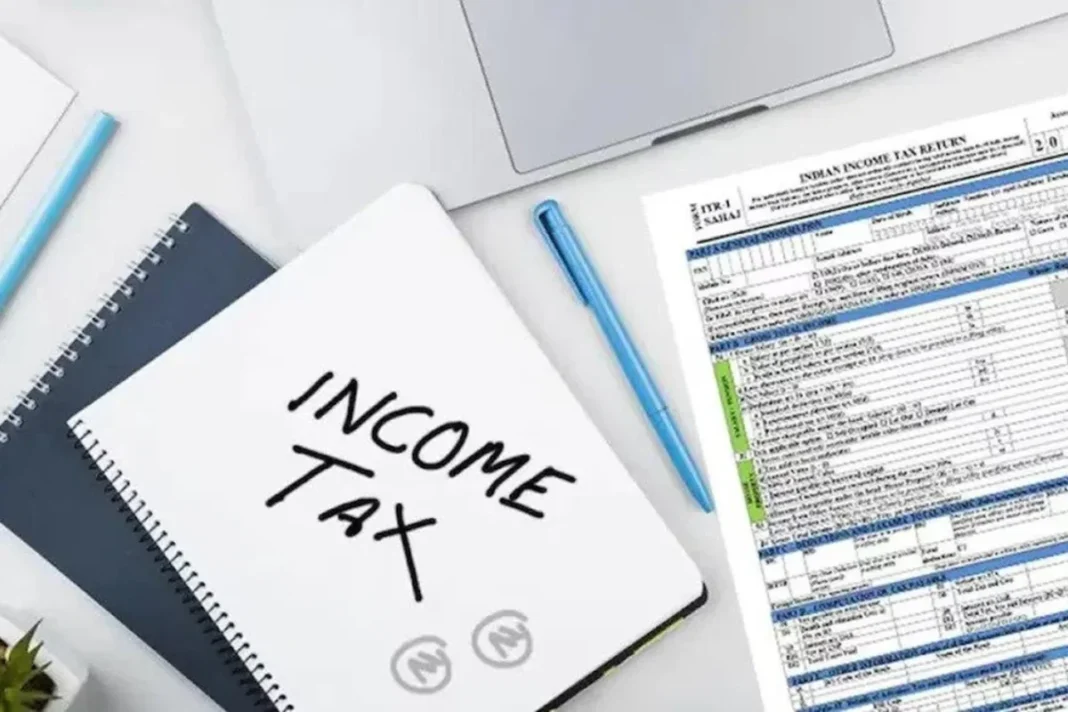Income Tax News: Filing your income tax return (ITR) in India shouldn’t be a nail-biting affair, but inadvertently making mistakes can turn it into a financial nightmare. While unintentional errors and minor omissions might be rectified, knowingly filing incorrect information can attract serious consequences.
Let’s explore the potential pitfalls of an incorrectly filed ITR:
Rejection and Scrutiny
- Choosing the wrong form, missing information, or discrepancies in income sources can lead to rejection of your return. This delays processing and puts you in non-compliance, potentially attracting late filing penalties.
- A rejected return also invites increased scrutiny from the tax authorities. You might face inquiries, requests for additional documentation, and in-depth audits, adding unnecessary stress and paperwork.
Penalties and Interest
- Underreporting income or claiming ineligible deductions can attract hefty penalties. Under Section 271J, penalties can range from 100% to 200% of the tax evaded, depending on the nature and duration of the mistake.
- You’ll also be liable to pay interest on the tax owed from the due date until you rectify the error. This interest can accumulate quickly, adding a significant financial burden.
Legal ramifications
- Intentional misrepresentation of income or claiming false deductions can be classified as tax evasion, a serious offense under the Income Tax Act. This can lead to legal proceedings, fines, and even imprisonment in extreme cases.
Reputational damage
- A history of incorrect filings can raise red flags for future financial transactions, impacting your ability to secure loans or investments. Your credibility as a taxpayer can also be tarnished, creating unwanted complications.
Missed benefits
- Incorrectly claiming deductions or exemptions can deprive you of legitimate tax benefits like refunds or credits. You might end up paying more tax than necessary due to your own errors.
Avoiding the Pitfalls
To avoid these consequences, be vigilant when filing your ITR. Here are some tips:
- Choose the correct form: Thoroughly review the different ITR forms and select the one that best suits your income source and filing category.
- Double-check your information: Carefully review all income sources, deductions, and exemptions to ensure accuracy.
- Keep supporting documents: Maintain proper records of your financial transactions to substantiate your claims during scrutiny.
- Seek professional help: If unsure, consult a tax advisor or chartered accountant for guidance and error-free filing.
Remember, an honest and accurate ITR is the key to a stress-free tax season. Don’t take risks with your finances; diligence and attention to detail can save you a lot of trouble in the long run.
Keep watching our YouTube Channel ‘DNP INDIA’. Also, please subscribe and follow us on FACEBOOK, INSTAGRAM, and TWITTER


